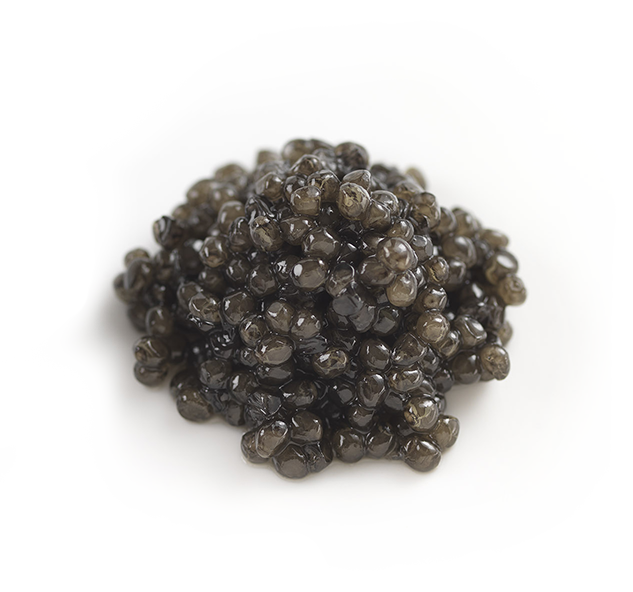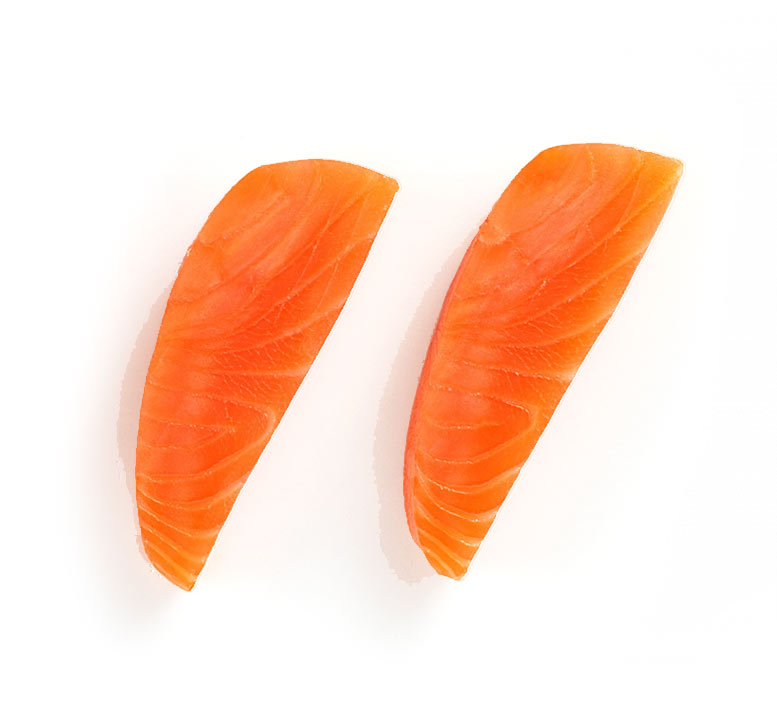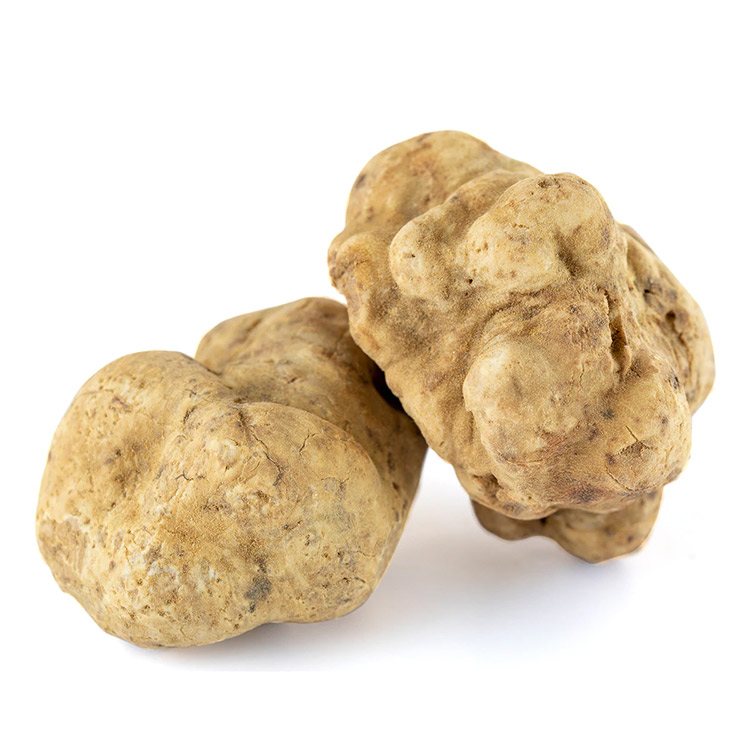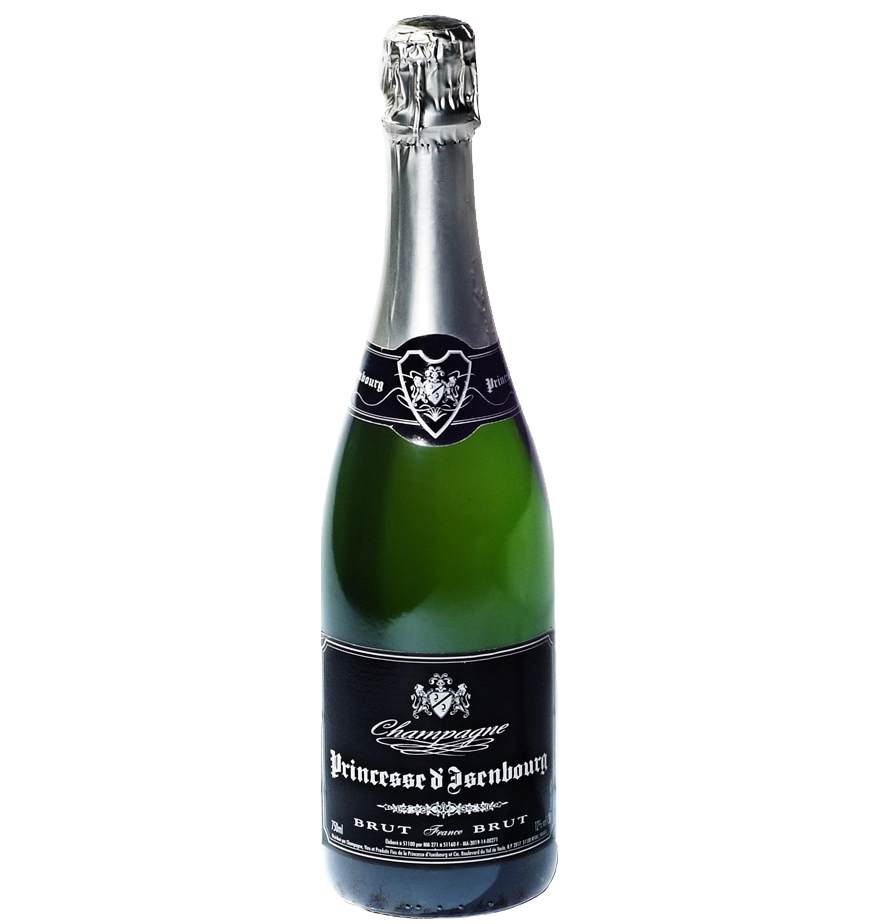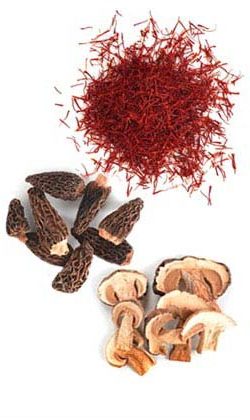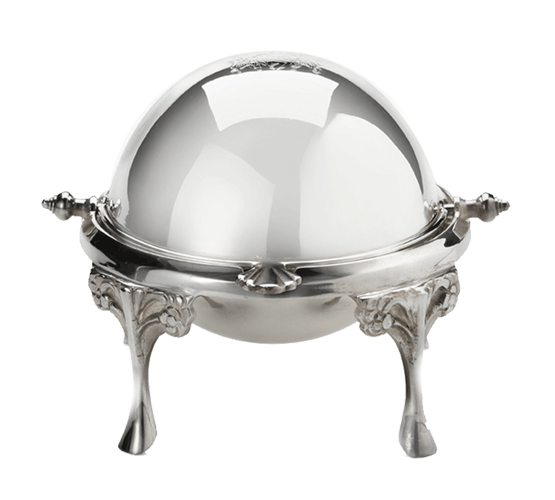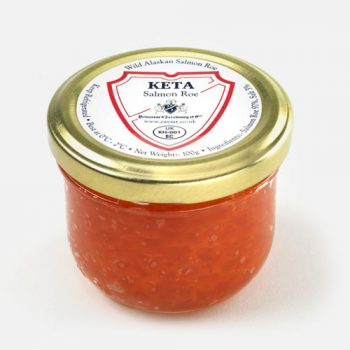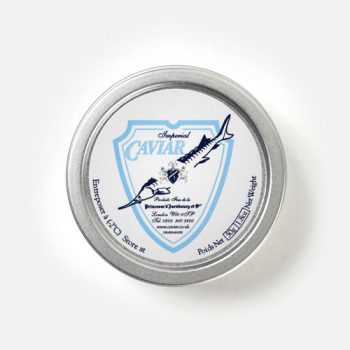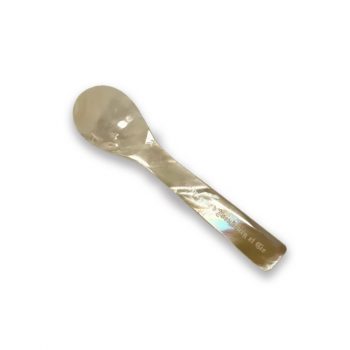EXPRESS DELIVERY PRESENT WRAPPING
Princesse d'Isenbourg et Cie
Mo - Sa | 09.30 hrs - 18.30 hrs
“ Raising Caviar on the Farm ”
“The trouble always is,” explains James Bond to his female companion,
“not how to get enough caviar, but how to get enough toast with it.”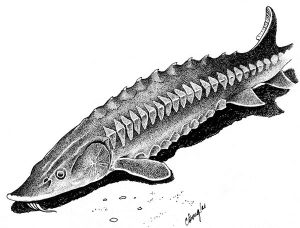
That might have been true in 1953, when 007 was getting his first outing in the novel Casino Royale.
Today the reverse is true: toast may be plentiful, but caviar, at least the kind Bond ordered for dinner, is in crisis.
The sturgeons have been around for several hundreds of million years, and over time this fish and its roe and only when brought into contact with salt becomes Caviar ! This Species together with its Roe have caught the attention of everyone from Aristotle to Peter the Great to Ian Fleming; currently and for the best part of well over a decade, CITES have issued ZERO Quotas for Wild caught Sturgeons, i.e. legal wild Caviar; moreover there is currently a worldwide Caviar shortage as a result of holding back Roe Carrying Sturgeons as a result of the recent Pandemic as well as hesitant releases onto the market as a result of the worldwide Pandemic.
Poaching, pollution, and overfishing have caused once plentiful stocks to dwindle to levels that have caught the attention of CITES, the Convention on International Trade in Endangered Species. Though the present shortage is especially severe. It was different during the past as it was for CITES to agree to caviar quotas when all producing countries around the Caspian Sea had to meet.
The rising status of farmed caviar is the biggest thing to happen to the international caviar market since 1957, when the Shah of Iran decided that he would make his own rather than sell his country’s Roe Carrying sturgeons to Russia for processing. In the old days the stronghold and market stature of Russian caviar was next to none; it took years for Iranian Caviar to play “Catch-Up”.
Now the process of re-educating the consumer is starting again, with gourmets being told that the farmed variety has attained such a consistency culminating in an even higher quality. The NOW absence of any caviar from the Caspian SEA has given farmed caviar a clear run.
Few foods are as evocative as caviar. Along with Rolls-Royces, Top Hats and Champagne, it is an essential accessory of the pantomime plutocrat – shorthand for a life of sybaritic indulgence. Even though now farmed, there are still three basic types:- Sevruga derived from the smallest eggs; then Oscietra being the middle tier in terms of size and price but with Beluga, the king of caviar, shiny anthracite silvery beads that can command prices of more than $16,000 per kilo.
And while there may well be epicures who prize them for their flavour alone, these oily black or golden grey beads are most definitely an acquired taste. But for most of us, part of the thrill is the price; we are feeding our minds and our vanity as much as our bodies. Indeed, the majority of people eating caviar see it as akin to carrying an Hermès handbag. As such, the romance of the product is as important as the flavour. So while farmed caviar may indeed be of higher quality, the notion that it is commercially produced in the EU and conforms to an Hygiene ISO number, rather than wrested from the quasi-mythical Caspian Sea, is a tough barrier to overcome.
In an effort to see how this obstacle is being tackled, I attended a caviar tasting in a private Mayfair club, arranged by Gunther Corsten-Gerhards, Co-Founder of the London-based company Princesse d’Isenbourg et Cie, which has been importing caviar for the past thirty years. Although starting out distributing Iranian caviar in the UK and Europe, they converted two decades ago and have been offering solely Caviar from Aquaculture. “We have arrangements principally with EU Farm Outlets, he says candidly. Farmed caviar allows for greater variations in flavour and appearance; in a way aquaculture brings caviar closer to wine, with its look and taste affected by geography and genus. Indeed, varieties range from the accessible Guba, which offers a greyish, midsize bead with a smooth and pleasant rather than overpowering taste, to the creamy, turmeric-coloured pure gueldenstaedtii.
The youngish, affluent audience listened attentively as Corsten-Gerhards wove the tale of the sturgeon, this living fossil of a fish that can survive for well over a centuries and may weigh as much, a was the case with some mature Beluga Sturgeons (huso-huso), as much as a metric ton when fully mature. Inevitably, there were sceptics who questioned whether this caviar was as good as the “real” thing from the Caspian Sea though it was explained that during blind tastings conducted with Connoisseurs, Chefs, Maitre D’s, and Sommeliers in that farmed caviar outperformed the wild Variety. Small Glass Jar tasting pots were handed around, followed by the silence being the greatest mark of approval of any Gourmet’s Delight.
But what clinched it was the price. Princesse d’Isenbourg et Cie could sell these fish eggs well below market price. It seems that keen pricing can help overcome any residual resistance to the farmed variety.
For now, with quantities of farmed caviar still relatively small (bear in mind that the largest Sturgeon Species, Belugam, sturgeon takes a minimum of 20 years to reach spawning age) and with legal wild caviar completely outlawed, caviar nevertheless retains its allure though the past has been a warning for today’s caviar farmers. It is said that in Pre-Prohibition New York, caviar was so abundant that barkeepers gave it away, hoping its saltiness would boost beer sales. Somehow I don’t think even James Bond could carry off that line:- “The trouble always is not how to get enough caviar, but how to pair up with enough beer.”
Article initially published in Newsweek.com
Direct link: http://www.newsweek.com/raising-caviar-farm-81111
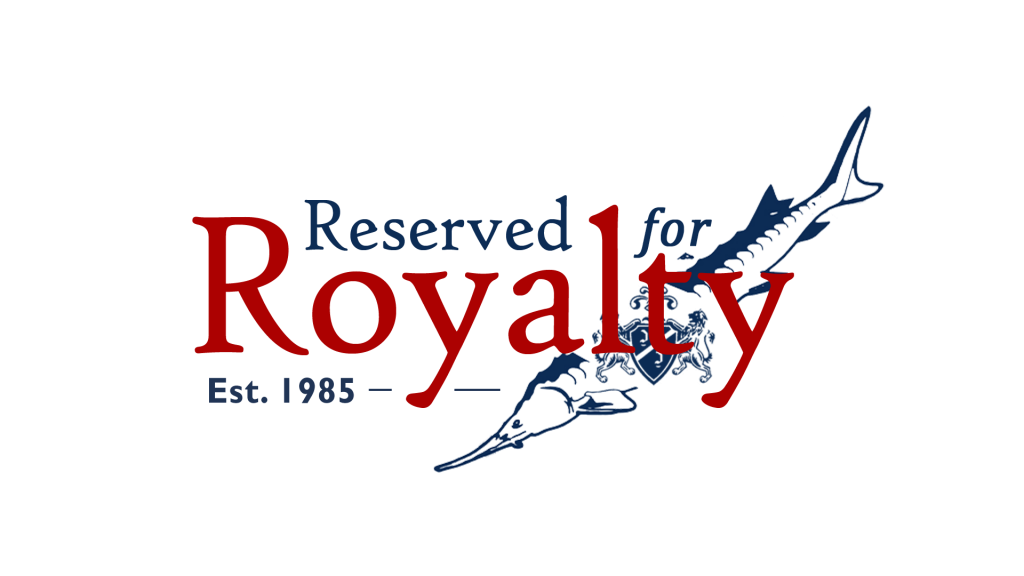
| +44 208 960 3600 | caviar@caviar.co.uk |
Log in
Register
This website uses cookies to improve your experience. We'll assume you're ok with this, but you can opt-out if you wish. Read More
